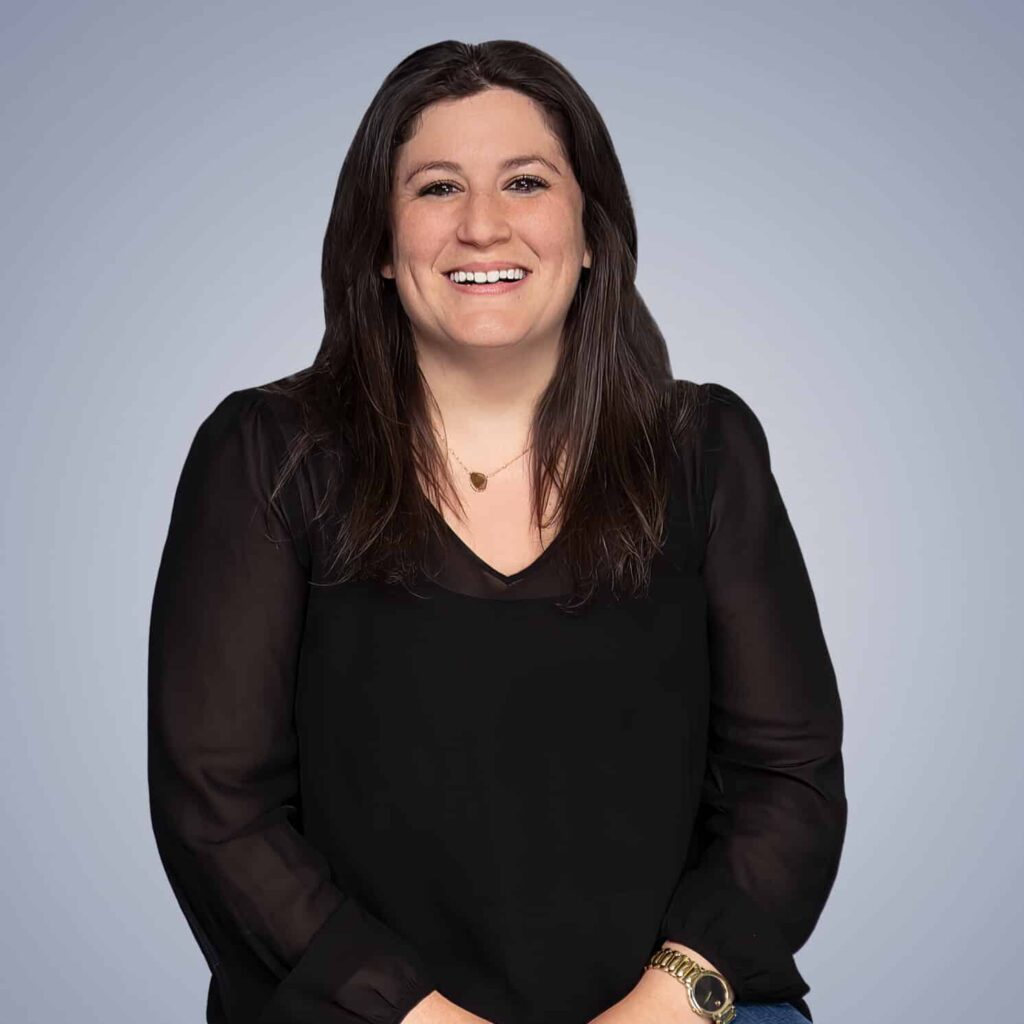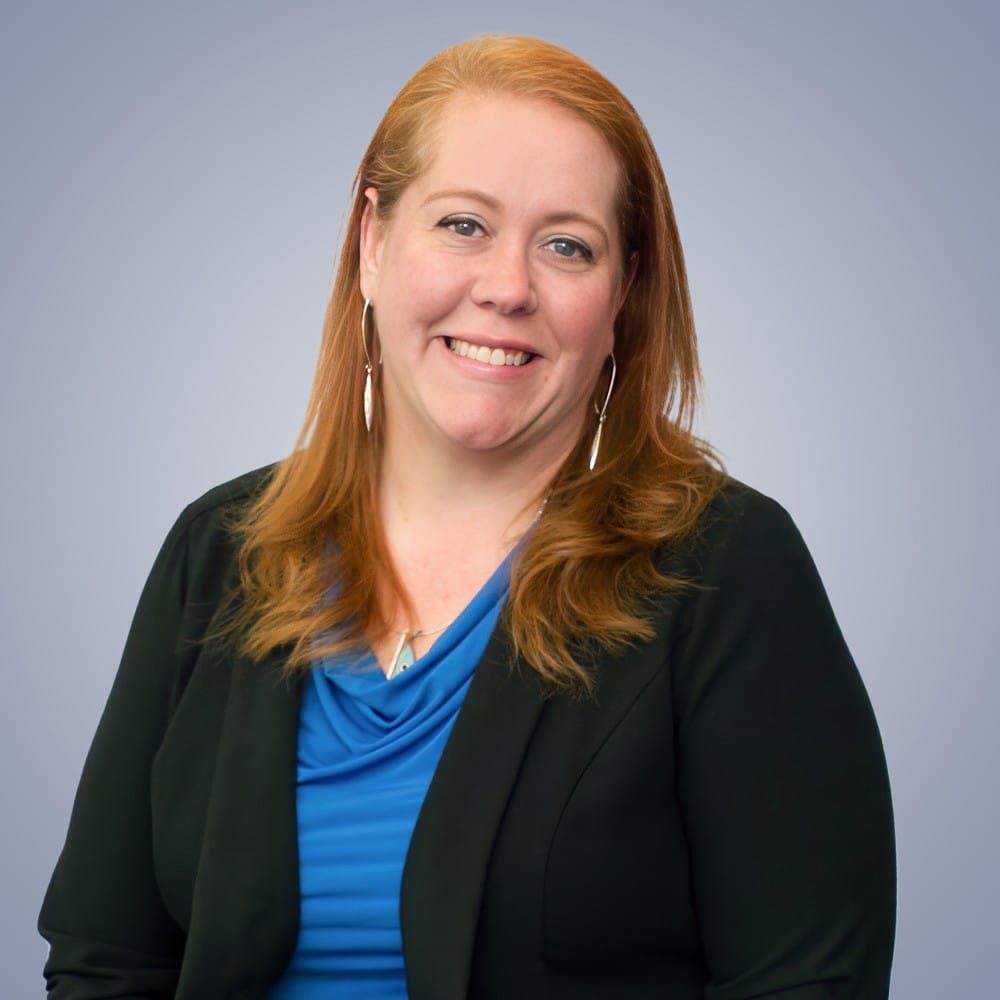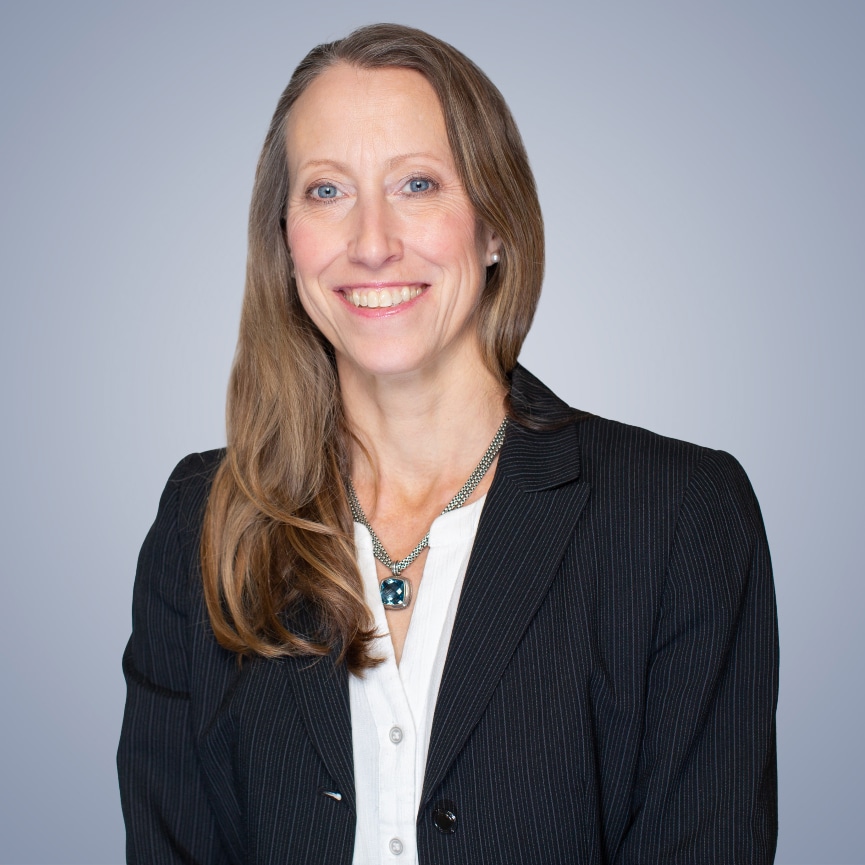Nearly every day we hear about another brave soul willing to publicly share their struggles with mental health. Each time this happens, another layer of shame, stigma and prejudice is removed from the words, “mental health”. More people feel comfortable accessing the care they need, and more lives are saved. Much progress has been made in recent years in this regard, yet much more work needs to be done.
There are still many people out there who are too embarrassed or ashamed to seek care for their mental health or addiction struggles. They do not understand that they might have a disease and as with any other medical condition, the best way to address that is to seek professional help. This all gets in the way of seeking care, and it has got to stop. We share hope and strength sometimes by sharing our own stories. This is especially true with mental health.
Just last week Bonobus co-founder and former CEO Andy Dunn came out with a new book where he opens up about his struggles with mental health and bipolar disorder. His courage to openly share is to be commended, and his thoughts around how the business world and employers can play an integral role in improving access to care and fighting the stigma are spot on.
Mike Wallace, former CBS News Journalist for 60 Minutes, suffered from clinical depression for decades before finding recovery later in life. Mike is known as one of the most revered news reporters of all time. He interviewed fascinating people around the world including Malcolm X, Yasser Arafat, Vladimir Putin, Luciano Pavarotti, Ronald Reagan and others. In addition to an incredibly successful career he raised three children, was married and lived an abundant life. As Pete Earley said, “Mike Wallace will be remembered for his bravery in speaking out about his own personal struggles with depression and suicidal thoughts- and by doing so, fighting stigma and prejudice.
Some have this distorted and biased view that people who struggle with these issues are homeless and alone, living unimaginable lives or stuffed away in some long term psychiatric hospital. While this is true for some, the vast majority of us who live with mental health struggles are living “normal” lives. We have jobs, families, and responsibilities we must manage. We live with some shame and embarrassment and do our best to make sure the outside world doesn’t see when we are struggling. Yet we persevere through the rough times, just as we would if we had any other chronic disease.
The degree to which mental health struggles impact our lives varies from person to person. Some of us receive care and fully recover, some unfortunately do not recover and many of us live with what we might refer to as a partial recovery, where we learn to live with it with support from professionals and loved ones.
I would consider myself in the category of, “partially recovered/have learned to live with it” with depression and anxiety. I get professional help regularly, take medication daily and work every day to live the most abundant life possible. With time, lots of therapy and most importantly love, fortunately I have never felt better. I never imagined I would be able to live the life I am currently living. Never in a million years…
There was a time when things were so bad that I became obsessed with the idea of finding peace in Tibet living the life of a Monk, or even worse when I dragged myself to a Psychiatric Hospital in the midst of a severe depressive episode pleading to be checked in for fear of my own ability to remain safe. I remember reading an article in the New Yorker about a businessman who spent much of his day hiding under his desk because he was so anxious, and I remember feeling like I was reading about myself. I maintain to this day that the very worst place to be is in a severe depressive state and therefore I will do whatever it takes to avoid going “there”, at nearly any cost.
Fortunately for me I come from a family that has supported me in getting help from early on. While nothing to celebrate, I have never felt ashamed or embarrassed to ask for help when I need it. Without this, I am not so sure where I would be right now. The same should be the case for everyone. We do not choose to suffer from anxiety or depression. Addiction is not a choice. We don’t choose to stop eating even if it brings us to death’s doorstep. We might get “high” from these behaviors, and then we can’t stop! Trauma happens to us, not because of us.
For those of us who have lived with any or all of this, we know that professional and family/peer/community support is essential to recovery. There is no shame in asking for help to treat an illness. As more of us share our own stories, we hope this continues to erode the wall of stigma and fear so that people who need and deserve help can get it.
Kudos to all who pave the path from fear to freedom!








